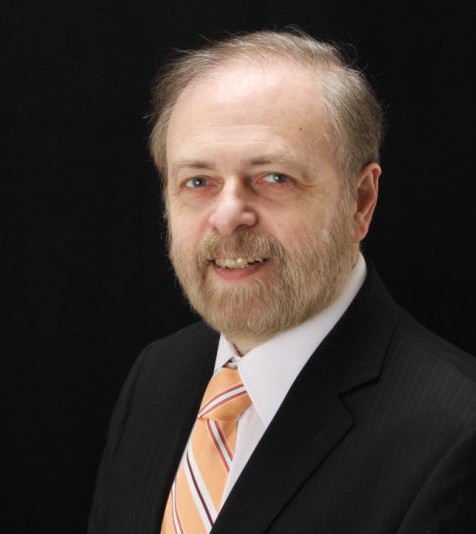By Rabbi Mordechai Levin
Published by the Omaha World Herald – October 1, 2011
Rosh Hashanah, the Jewish new year, is a joyful day when we wish one another a good year, but it is also an occasion of solemn reflection.
It is amazing, everything that can happen in just one year — the good and the bad. When we look back on the year that has ended and look forward to year ahead, we are particularly aware of the uncertainty of life. What will the future bring? What will we bring to the future?
One of the prayers we say on Rosh Hashanah gives poetic expression to some of our fears and hopes for the coming year. The prayer reads: “Who will live and who will die; who will live a long life and who will come to an untimely end; who will be at peace and who will be troubled; who will be serene and who will be disturbed; who will be impoverished and whowill be enriched; who will be brought low, and who will be raised up.”
This prayer poetically emphasizes the fleeting nature of our lives. We recite: “Who will live and who will die?” And we look around and notice the absence of those who are gone, some of them at the end of a long life, and some too soon.
We stand aware of our vulnerability and our mortality, and the degree to which many events in life are outside of our control. This awareness can be upsetting, but it can also be energizing. It can become our aperture to living the fullest life feasible in the days given to us.
Even though we cannot control everything, we still have the ability to influence our fortune. We may not have control over when and how we die, but we do have some choices about how we live. It is up to each person to make his or her days meaningful. On this Rosh Hashanah, let us appreciate the blessing of life and renew our commitment to fill our days with meaning.
 is the rabbi of Congregation Beth Israel in Munster, IN. He received his rabbinic ordination from the Latin American Rabbinical Seminary, and is a member of the Rabbinical Assembly. In 2010, he was awarded an Honorary Doctorate of Divinity from the Jewish Theological Seminary in New York City for his years of dedicated service to the Conservative movement and the Jewish community...
is the rabbi of Congregation Beth Israel in Munster, IN. He received his rabbinic ordination from the Latin American Rabbinical Seminary, and is a member of the Rabbinical Assembly. In 2010, he was awarded an Honorary Doctorate of Divinity from the Jewish Theological Seminary in New York City for his years of dedicated service to the Conservative movement and the Jewish community...